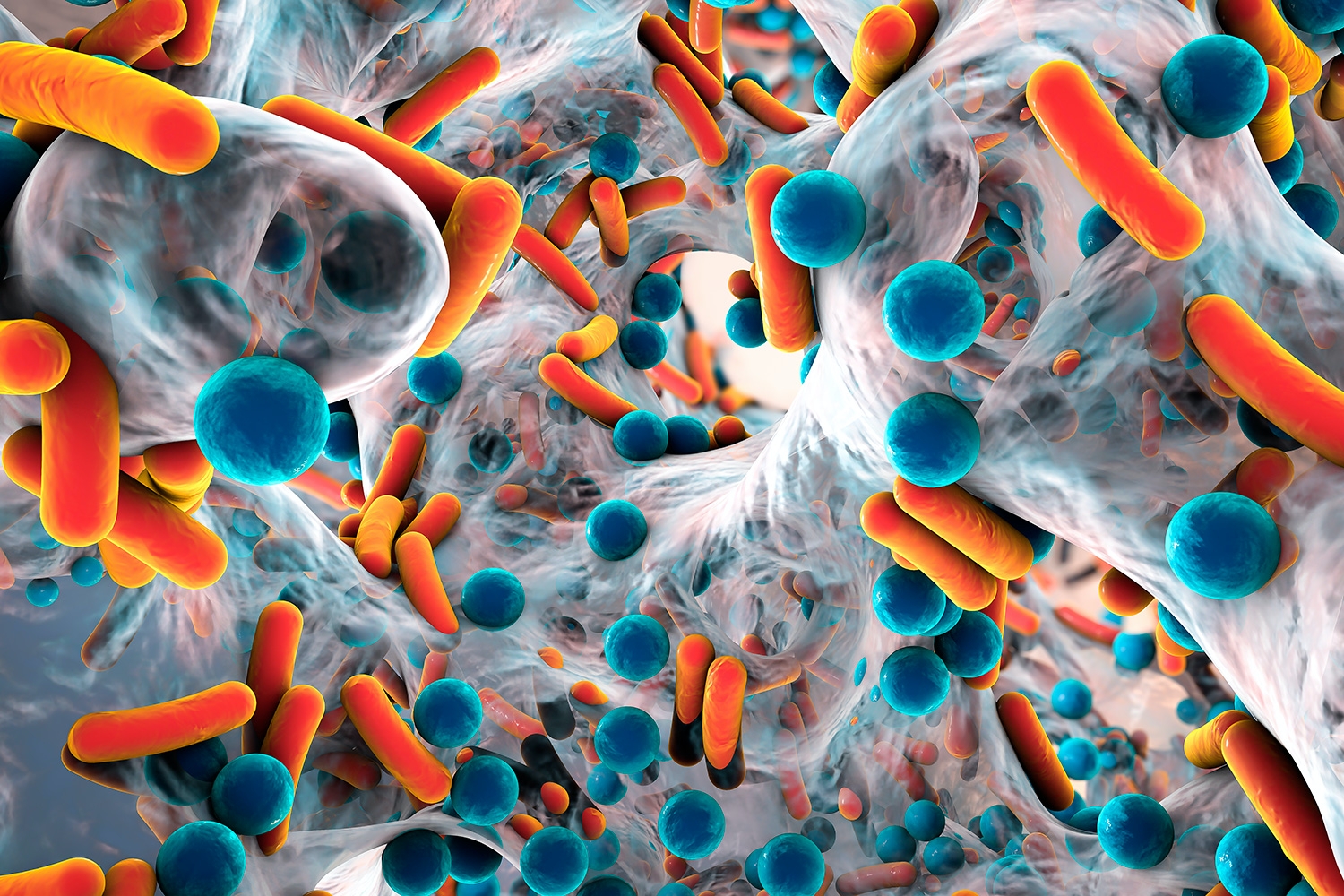E Coli Bakterie Symptomer | But a few strains, such as e. Atcc :11775, ccug :24, ccug :29300, cip:54.8, dsm. Coli) bacteria normally live in the intestines of healthy people and animals. Escherichia coli is one of the most frequent causes of many common bacterial infections, including cholecystitis, bacteremia, cholangitis, urinary tract infection (uti), and traveler's diarrhea, and other clinical infections such as neonatal meningitis and pneumonia. Coli) bacteria normally live in the intestines of people and animals.
Atcc :11775, ccug :24, ccug :29300, cip:54.8, dsm. But a few strains, such as e. If someone neglects to wash their hands after a bowel movement and then touches something that others how is e. Your doctor will perform a physical examination and ask you questions about your symptoms. 562 (for references in articles please use ncbi:txid562).

Coli are harmless and actually are an important part of a healthy human intestinal tract. Most people get better within 5 to 7 days. If someone neglects to wash their hands after a bowel movement and then touches something that others how is e. 562 (for references in articles please use ncbi:txid562). But a few strains, such as e. Coli are harmless and even help keep your digestive tract healthy. Atcc :11775, ccug :24, ccug :29300, cip:54.8, dsm. Coli (stec) infection vary for each person, but often include severe stomach cramps, diarrhea (often bloody), and vomiting. Some people may have a fever, which usually is not very high (less than 101˚f/38.5˚c). Coli) bacteria normally live in the intestines of healthy people and animals. Escherichia coli (migula 1895) castellani and chalmers 1919. Coli is rarely spread without food or drink, but it can happen. Coli (escherichia coli), is a type of bacteria that normally lives in your intestines.
Atcc :11775, ccug :24, ccug :29300, cip:54.8, dsm. Coli) bacteria normally live in the intestines of people and animals. Coli is rarely spread without food or drink, but it can happen. Coli (escherichia coli), is a type of bacteria that normally lives in your intestines. Some people may have a fever, which usually is not very high (less than 101˚f/38.5˚c).

Escherichia coli is one of the most frequent causes of many common bacterial infections, including cholecystitis, bacteremia, cholangitis, urinary tract infection (uti), and traveler's diarrhea, and other clinical infections such as neonatal meningitis and pneumonia. Coli (stec) infection vary for each person, but often include severe stomach cramps, diarrhea (often bloody), and vomiting. If someone neglects to wash their hands after a bowel movement and then touches something that others how is e. Coli) bacteria normally live in the intestines of people and animals. Your doctor will perform a physical examination and ask you questions about your symptoms. But some strains can cause diarrhea if you eat contaminated food or drink fouled water. Coli o157:h7, can cause severe stomach cramps, bloody diarrhea and vomiting. Some people may have a fever, which usually is not very high (less than 101˚f/38.5˚c). Escherichia coli (/ˌɛʃəˈrɪkiə ˈkoʊlaɪ/), also known as e. Coli are harmless or cause relatively brief diarrhea. 562 (for references in articles please use ncbi:txid562). But a few strains, such as e. Escherichia coli (migula 1895) castellani and chalmers 1919.
Coli (escherichia coli), is a type of bacteria that normally lives in your intestines. Coli) bacteria normally live in the intestines of healthy people and animals. Most people get better within 5 to 7 days. Neotype strain of escherichia coli: Your doctor will perform a physical examination and ask you questions about your symptoms.

Escherichia coli (/ˌɛʃəˈrɪkiə ˈkoʊlaɪ/), also known as e. Atcc :11775, ccug :24, ccug :29300, cip:54.8, dsm. Most people get better within 5 to 7 days. 562 (for references in articles please use ncbi:txid562). Coli (escherichia coli), is a type of bacteria that normally lives in your intestines. Escherichia coli (migula 1895) castellani and chalmers 1919. Coli are harmless and actually are an important part of a healthy human intestinal tract. Coli is rarely spread without food or drink, but it can happen. Neotype strain of escherichia coli: Some people may have a fever, which usually is not very high (less than 101˚f/38.5˚c). Coli are harmless or cause relatively brief diarrhea. Coli are harmless and even help keep your digestive tract healthy. Escherichia coli is one of the most frequent causes of many common bacterial infections, including cholecystitis, bacteremia, cholangitis, urinary tract infection (uti), and traveler's diarrhea, and other clinical infections such as neonatal meningitis and pneumonia.
E Coli Bakterie Symptomer: 562 (for references in articles please use ncbi:txid562).
Referanse: E Coli Bakterie Symptomer